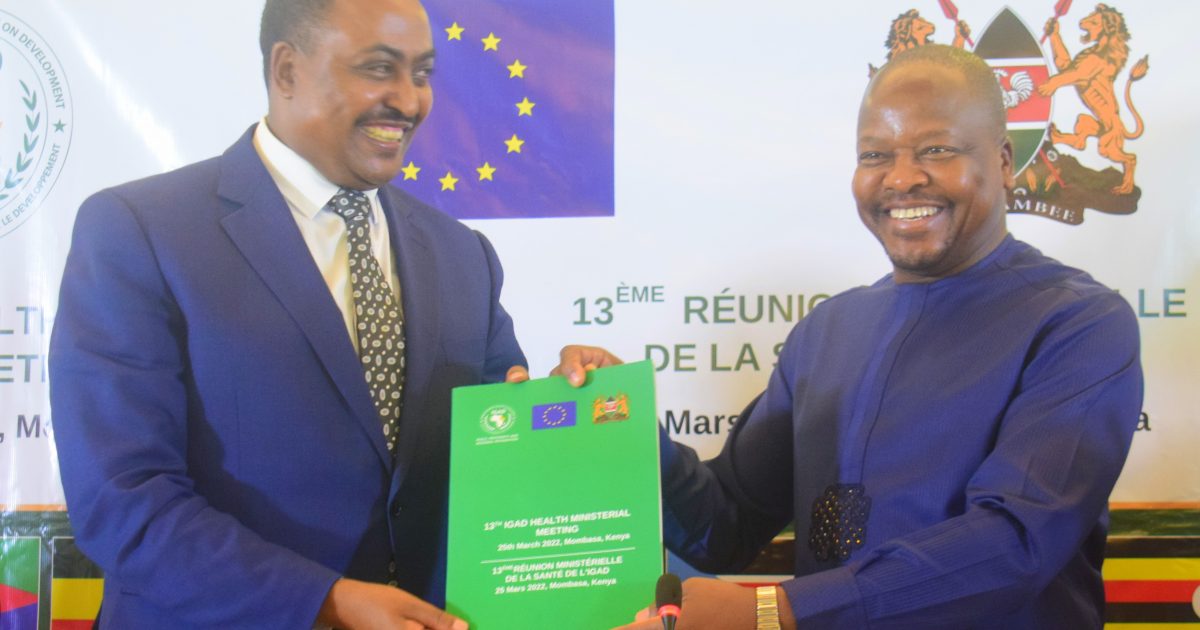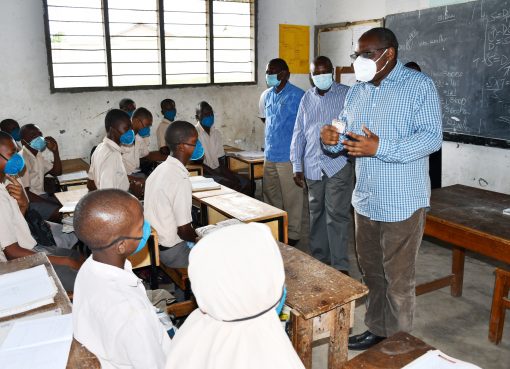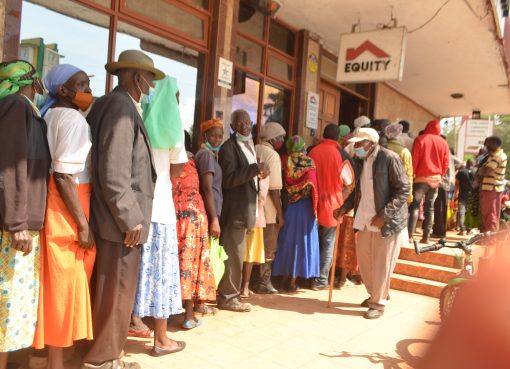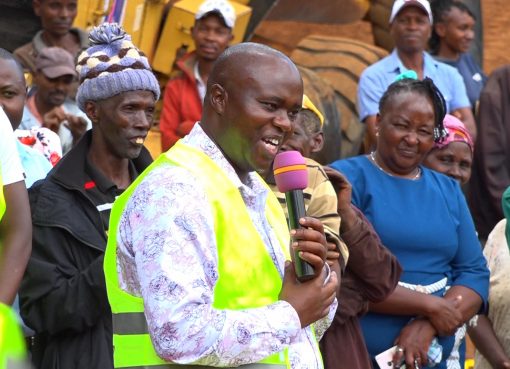The Intergovernmental Authority on Development (IGAD) has pledged its commitments to support its member states in addressing the health needs of the under-served rural cross-border population refugees and host communities.
Speaking in Mombasa during the 13th IGAD Health Ministerial meeting, IGAD Executive Secretary Workneh Gebeyehu said they have put into consideration recommendations of the previous meetings and going forward implementing regional policies that will achieve the shared objective of Universal Health Coverage.
Gebeyehu has urged member states to come together and have common and regional recognized health standards that will ease the movement of people and remove non-tariff barriers to their economic growth and prosperity.
“Today we shall be laying a firm foundation for the future of health policy in our region by endorsing a number of regional policies and strategies, as well as the program recommendations that were approved in the 2021 health steering committee meeting held in Mombasa,” said Gebeyehu.
According to a report by IGAD, the population faces significant challenges in accessing basic healthcare needs which has a negative effect on the regional economy.
Gebeyehu said already a number of regulatory instruments have been put in place to improve health security of the most vulnerable populations among them; IGAD regional health data sharing and protection policy and cross border health policy (2021-2030).
He therefore urged member states to capitalize on the policies even in the post-pandemic period which will be critical in curbing health challenges that may arise in the region.
Health Cabinet Secretary Mutahi Kagwe on his part implored on Member states to stimulate conversations across regions and leverage on respective comparative advantages to achieve greater efficiencies to better their response to future pandemics, health emergencies and threats.
Kagwe noted the need of member states to develop and support the implementation of policies that promote local and regional innovations, sustainable solutions, partnerships and collaborations for the future.
“We have learned from Covid-19 that cooperation is the only way that we can be able to tackle health challenges if a pandemic befalls us. We need to tackle the disease burden together, make resolutions and declarations in a way that we can address the health issues in a sustainable goal and a manner that covers the universal health issues of all states,” said Kagwe.
The CS added that the IGAD nations have also agreed on the need for building health workers capital in order to have an efficient and trained health workforce.
“We are not forgetting the issue of global happenings and the impact it can have in our region and the preparations that we need to have to cope with such challenges. We expect to see a lot of cooperation as the IGAD family so that we can move ahead,” he said.
By Chari Suche





